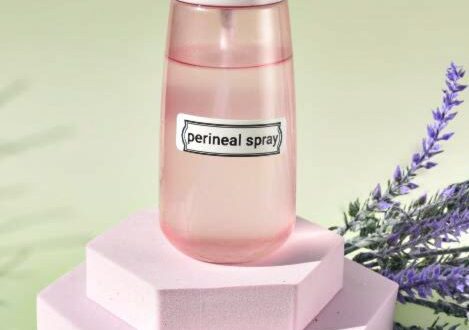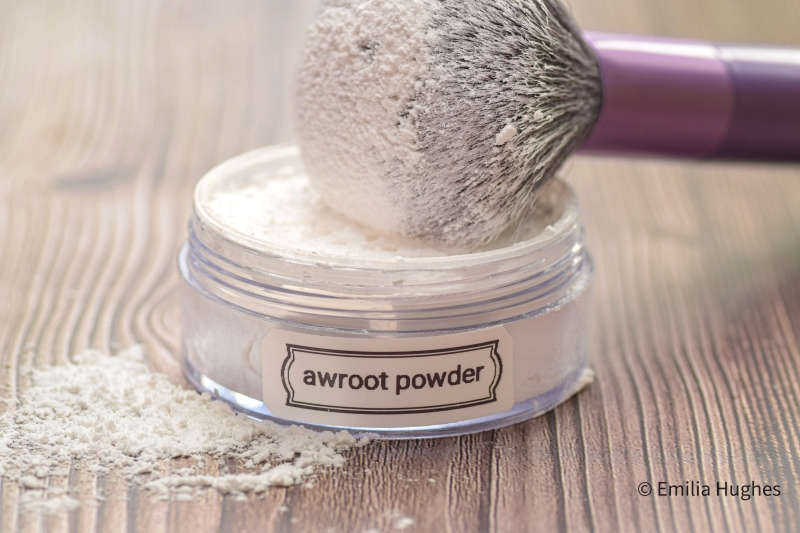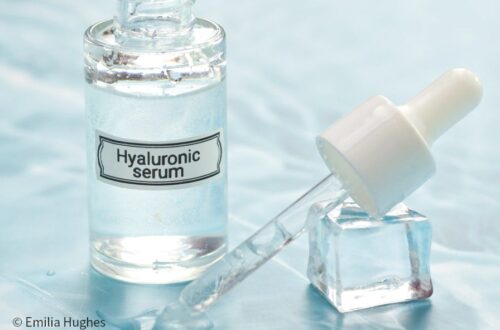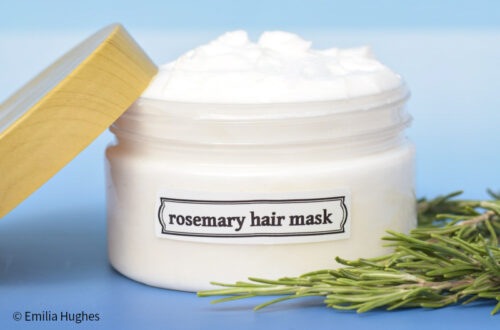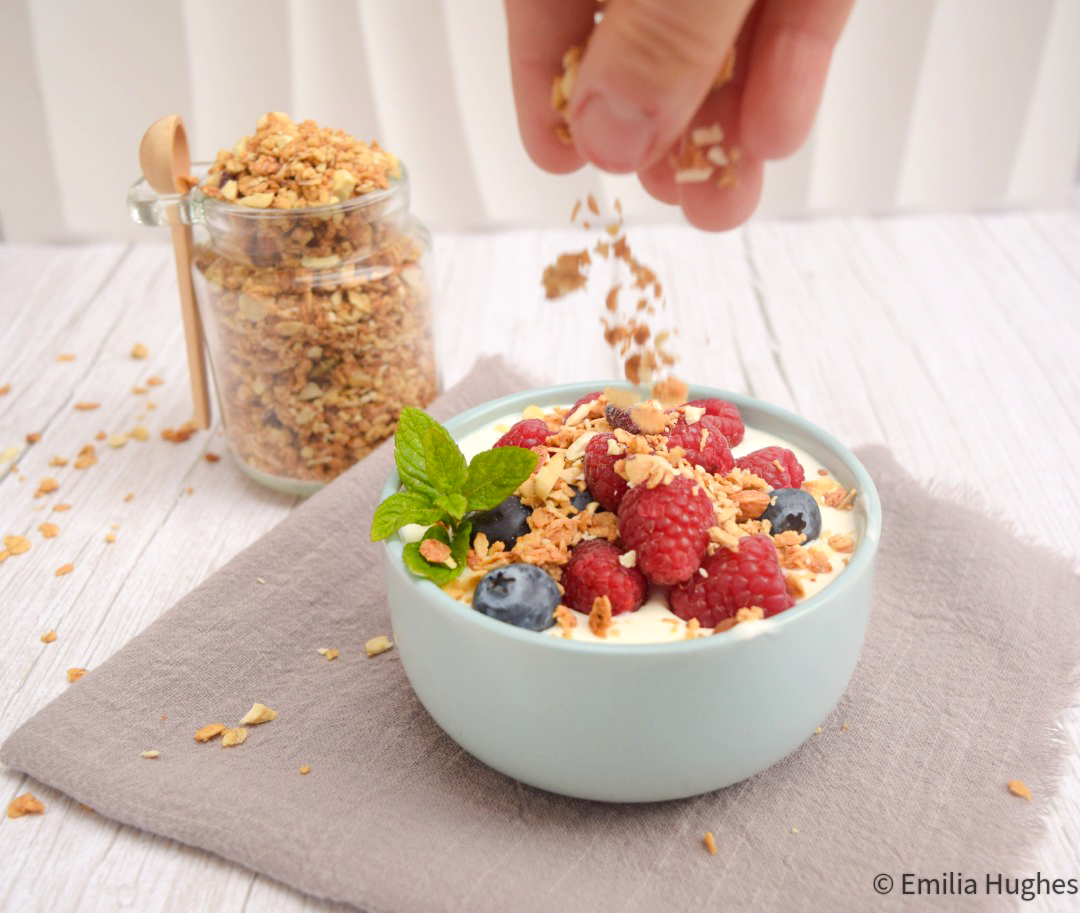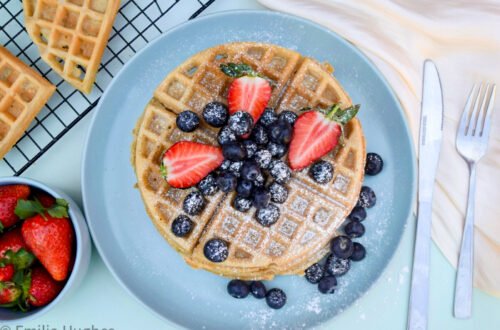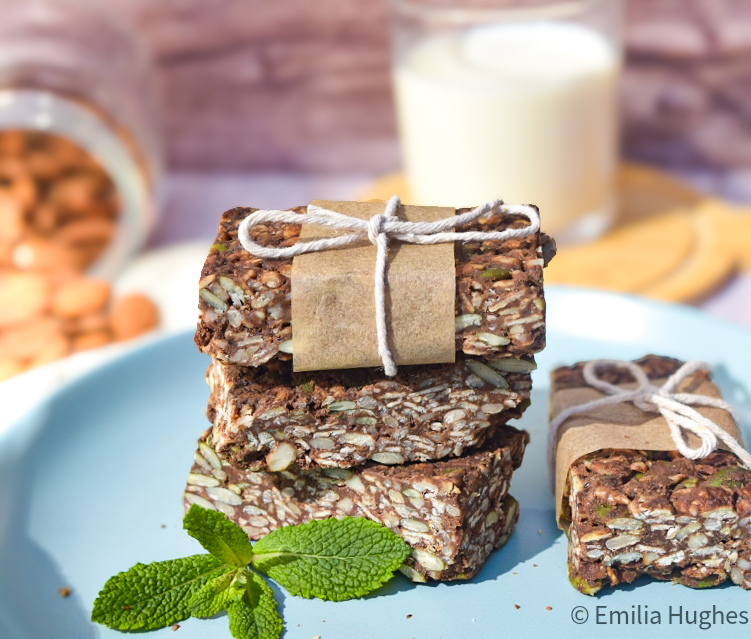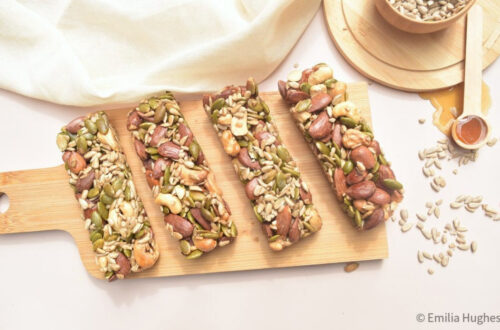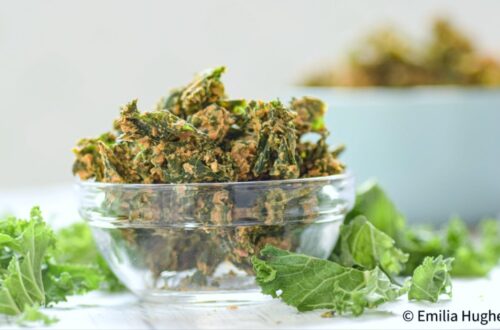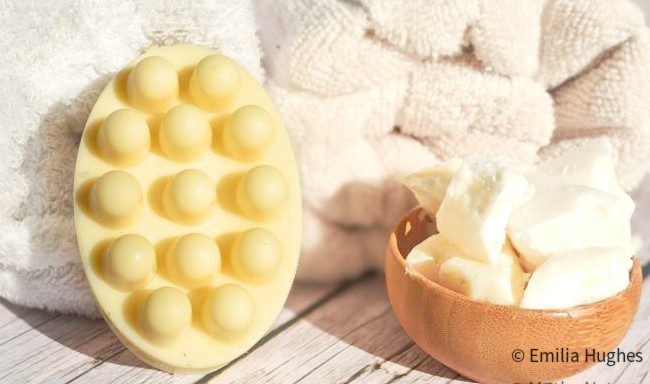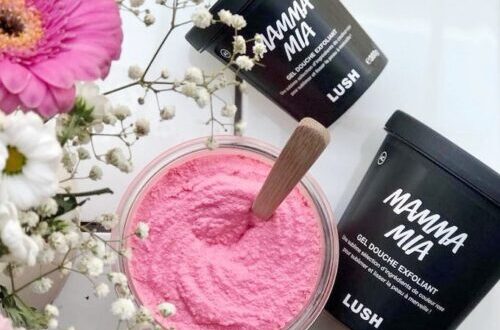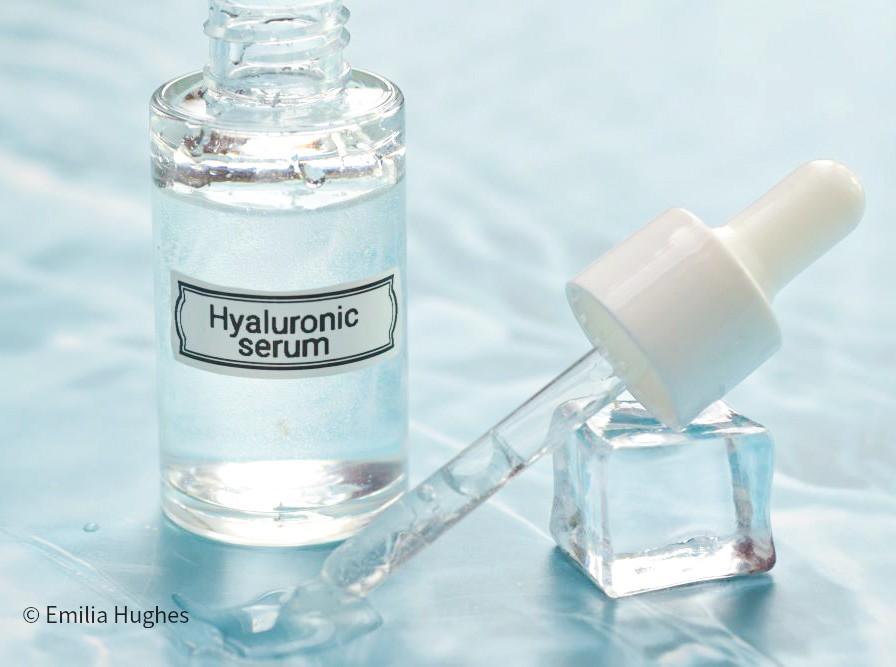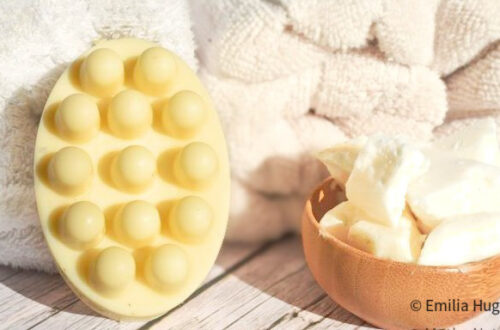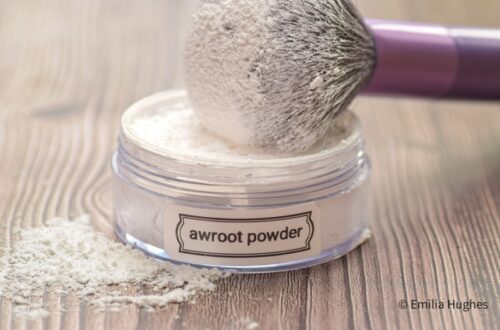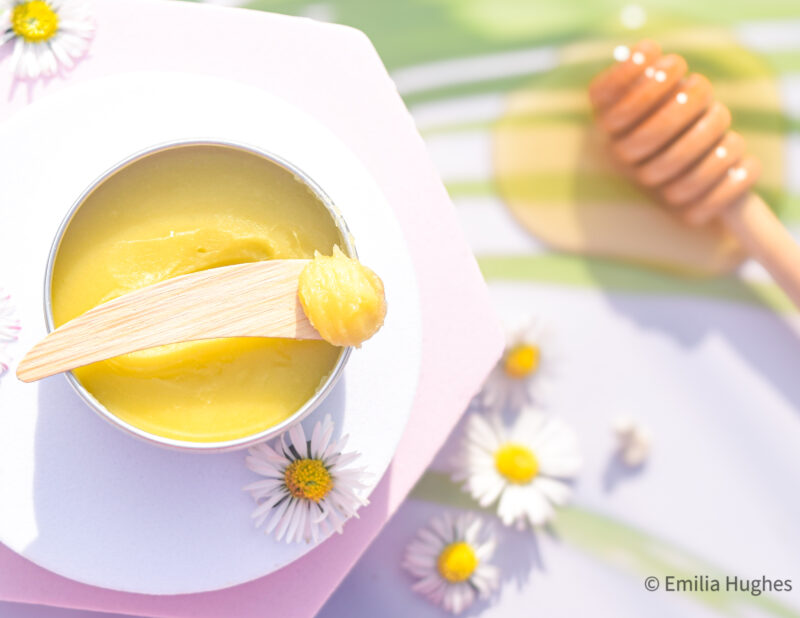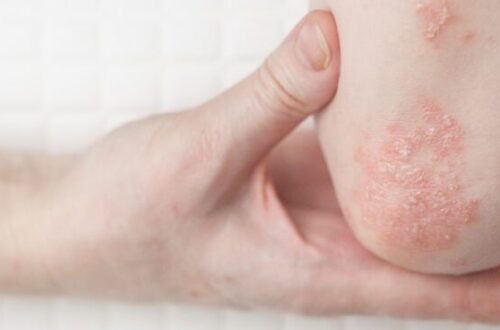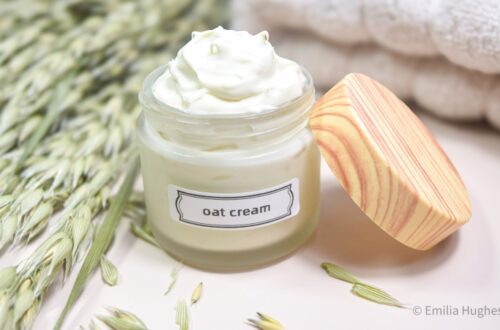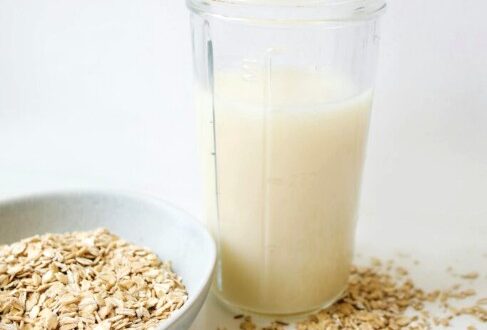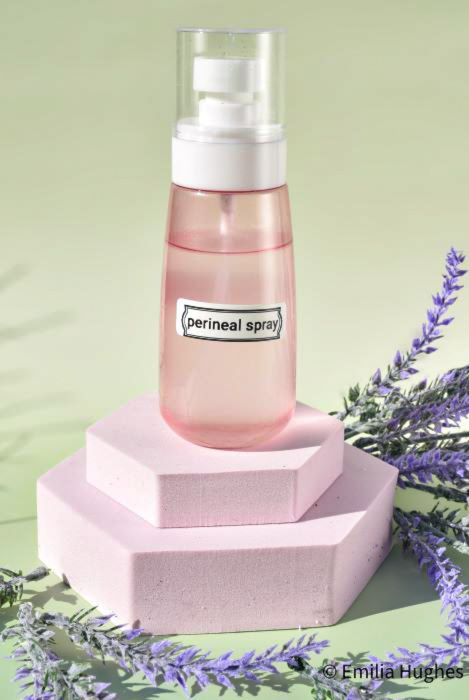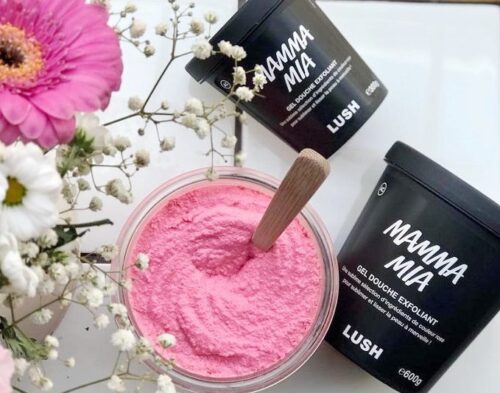-
Two Births, Two Stories: Epidural vs. Natural
Dreams of a Baby, Nightmares of Pain For as long as I can remember, I’ve always wanted to have children. However, the thought of childbirth terrified me since I was a child. Perhaps it was the dramatic stories my mother told me about giving birth in communist Poland, or maybe it was the phrase “that’s nothing compared to childbirth” that I kept hearing whenever I hurt myself as a kid. I love nature, but when it comes to physical pain, I never saw the point in suffering. I didn’t want to think about it or see it, so I deliberately avoided birth videos and stories from other women. At every…
-
The Healthiest Face Powder in the World – And You Can Eat It!
Ladies, I have an absolute hit for you today!Something I’ve been using for about a year, and only recently realized that very few women know about it. I’m talking about a 100% natural, edible face powder – the healthiest one you can possibly use! I discovered it completely by accident while looking for a natural ingredient to make my body butter less greasy. That’s how I came across arrowroot flour (from Maranta arundinacea – a tropical root vegetable from Indonesia). It has a silky, ultra-fine texture – just like expensive mineral powders. Most often, you’ll find it in the kitchen – it’s used in paleo and gluten-free diets. It’s a…
-
The Healthiest and Crispiest Granola — Sugar-Free, with Raw Nuts!
When spring begins, many of us crave yogurt with fruit and crunchy granola. Ah, it’s so delicious!My husband often buys regular granola from the store, and of course, the kids, seeing what he’s eating, want the same. I’ve tried my best to discourage them from this treat, explaining that it contains a lot of sugar, which harms health and damages teeth — but little kids don’t really care about that. They want to eat what’s sweet, crunchy, and tasty… just like dad. o sweeten the granola, I used maple syrup — not only does it have a low glycemic index, but it also gives the perfect crunch. I don’t recommend…
-
Brain Boosting No Bake Choco-Nutty Bars
This simple and healthy energy bar recipe is inspired by Patrick Holford’s original from Smart Foods for Smart Kids, though I’ve made it a bit easier and quicker to prepare at home. These homemade energy bars are a fantastic snack whenever you need a quick pick-me-up. They’re packed with healthy fats that aren’t damaged by high temperatures – and that’s essential for supporting optimal brain function. It’s a perfect healthy snack to take to work, school, university, or even on the go. Now, I have to be honest – I’m not a huge fan of nuts. I often find them a little boring, and unless they’re salted and roasted, they…
-
Chocolate Face and Body Butter Bar – Only Three Ingredients!
Packing for a vacation often means limited space in your suitcase. In such situations, a solid face and body butter is a perfect solution. Its fully natural formula melts upon contact with the skin, making application easier and eliminating the need for extra packaging. It is suitable for both body and face care and can be used by both children and adults. The solid butter effectively: Although cocoa butter is highly nourishing, it has quite a firm texture and takes time to melt in your hands. Additionally, its intense bitter chocolate scent may not be for everyone. To improve its application and aroma, it’s worth combining it with shea butter…
-
Anemia – How to Naturally Replenish Iron, B12, and Folate
Anemia is one of the most common conditions affecting pregnant women. It typically develops during the second trimester when the body rapidly increases red blood cell production to supply the baby with sufficient oxygen. During this period, the demand for iron rises significantly, as it is essential for the proper development of both the baby and the placenta. However, anemia during pregnancy is not always due to iron deficiency. It can also result from a lack of vitamin B12 or folate. All three nutrients play vital roles in producing healthy red blood cells. Deficiencies caused by poor diet or malabsorption issues can lead to anemia, posing serious health risks to…
-
Easy Hyaluronic Acid Serum Recipe -3 Ingredients
Hyaluronic acid is one of the most popular moisturizing ingredients, found in almost every skincare product. However, if you take a closer look at the ingredient lists of store-bought serums, you’ll notice that most of them are primarily water, thickeners, and fillers, with only a small percentage of actual hyaluronic acid. The truth is, a hyaluronic acid serum doesn’t need any thickeners—hyaluronic acid naturally turns water into a gel, so synthetic additives are used purely to enhance the texture rather than the effectiveness of the product. It’s also worth paying attention to fragrance—many store-bought cosmetics contain fragrance blends with undisclosed ingredients. The general term “parfum” can hide dozens of different…
-
Healing Honey Balm for Everything!
Today I have something special for you! The idea to create this natural eczema ointment came completely by accident. Nevertheless, it turned out to be a well-researched and documented remedy for various skin problems. One day, while browsing I came across an article about eczema. The author referenced an interesting study on the effectiveness of an ointment made with olive oil, honey, and beeswax in treating skin lesions. The study used the ingredients in a 1:1:1 ratio, so – as an enthusiastic fan of natural cosmetics – I promptly decided to recreate this recipe. That same day, I got to work, but the final result turned out as hard as…
-
Multitasking Soothing Perineal Spray with Witch Hazel and Lavender
As you probably know, childbirth is quite an experience, and recovery takes time. For my first birth, I prepared myself very well in terms of skincare, and today I want to share with you my recipe for the best postpartum spray for intimate areas (and beyond) you’ll ever have. Why make the spray yourself? Isn’t it better to buy a ready-made one? Well, no! When it comes to healing wounds, the simpler, the better. The spray I’m going to show you contains only two ingredients: Be cautious with the ingredients in intimate area sprays! When choosing sprays for intimate areas, it’s important to pay attention to the ingredients. I found…
-
Lush – A Green Illusion? Examining Greenwashing in Cosmetics
Many of us, passionate about all things natural and eco-friendly, eagerly add Lush products to our shopping carts, believing our purchases are sustainable wonders. Lush is often linked with nature, freshness, and a punk lifestyle. Their creams look handcrafted, and the masks even have bits of parsley—how perfectly natural, right? But what if I told you that Lush isn’t as natural as you think? When I explain to my friends that Lush is not quite what it seems, they often feel deceived. Why is that? We have created an image of Lush as an eco-legend in our minds. To be clear, Lush doesn’t directly claim that their products are made…

